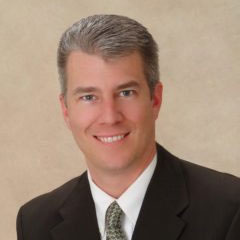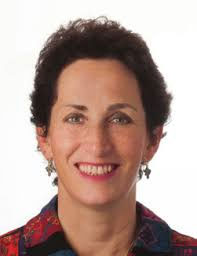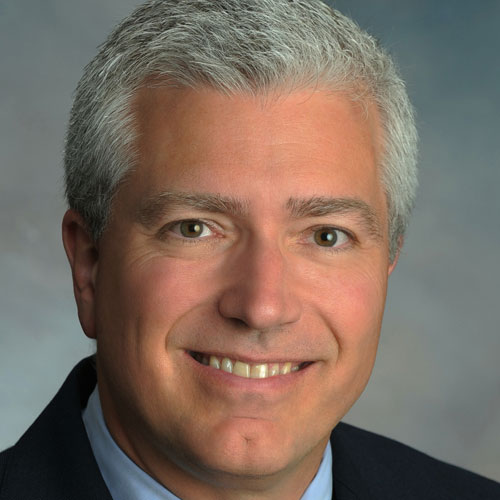Levels of MSICS TRAINING
levels
Vision Outreach International has developed a process of training. We believe this process is thorough and safe for both the patient and the provider. Please read these LEVELS carefully. There are subtle differences between each level. We will strive to highlight these differences with BOLD and UNDERLINED print.
DOWNLOAD a PDF of the Vision Outreach International Levels of MSICS Training
|
This training can include some or all of the following: videos, lectures, wet-lab, or simulation. Click on the links below to view examples. EXAMPLES VIDEOS CONFERENCES DIGITAL BOOK |
|
Human Surgery in a HANDS-ON, CONTROLLED ENVIRONMENT. This training is primarily for US Board Certified Ophthalmological Phaco Surgeons. This is only an INTRODUCTION to the MSICS procedure. We encourage all surgeons to GET MORE TRAINING. We DO NOT think this training is sufficient to train you for independent global surgery. This is only an introduction. Some surgeons will want to take this training again while other surgeons will be invited to advance to HIGHER LEVELS of training. EVERY PATIENT IS VALUABLE. We want quality surgeries and great results. We do not encourage HIGH VOLUME until after you have completed 250-300 independent surgeries successfully. We encourage all surgeons to COMPLETE 150-200 successful surgeries before attempting an INDEPENDENT global mission endeavor. The following criteria is included in our ELEMENTARY TRAINING
The two greatest qualities a surgeon can possess is a WILLINGNESS TO LEARN and a HUMBLE ATTITUDE. |
|
Human Surgery in a SAME ROOM, CONTROLLED ENVIRONMENT. Trainee has completed LESS THAN 100 MSICS surgeries successfully This training is primarily for US Board Certified Ophthalmological Phaco Surgeons who have completed their ELEMENTARY training and have been invited to ADVANCE in their studies. This is our SECOND LEVEL of training which allows (at some point) the surgeon to exercise a bit more surgical independence. A senior MSICS surgeon will be in the room during surgery for any questions or concerns that may arise. We expect this level to be repeated until the training surgeon has successfully completed 100-150 entire procedures with low to no complications. At this point, some surgeons feel competent to attempt an INDEPENDENT global mission endeavor EVERY PATIENT IS VALUABLE. We want quality surgeries and great results. We do not encourage HIGH VOLUME until after you have completed 250-300 independent surgeries successfully.
The two greatest qualities a surgeon can possess is a WILLINGNESS TO LEARN and a HUMBLE ATTITUDE. |
|
Human Surgery in an INDEPENDENT ENVIRONMENT. Surgeon has completed 100-150 MSICS surgeries successfully EVERY PATIENT IS VALUABLE. We want quality surgeries and great results. We do not encourage HIGH VOLUME until after you have completed 250-300 independent surgeries successfully.
The two greatest qualities a surgeon can possess is a WILLINGNESS TO LEARN and a HUMBLE ATTITUDE. |
MSICS Trainer
(Can Train Jr High Trainees)
Surgeon has completed more than 300 MSICS surgeries successfully
EVERY PATIENT IS VALUABLE. We want quality surgeries and great results.
Working with a trainee in a controlled, SAME SURGICAL ROOM environment, giving necessary feedback as to the quality of their work
MSICS Trainer is able to verbally articulate and physically demonstrate all LEVELS of the MSICS surgical procedure.
Giving the trainee ADVANCE details on how to improve their MSICS skills and the reasons for making the adjustments.
Protecting the patient by stopping the surgery PRIOR to possible complications. (TRAINER GIVES INSTRUCTIONS ON WHEN TO STOP THE SURGERY)
Taking the time to SAFELY progress through the steps of the MSICS procedure in a time PRESSURED environment with the responsibility of training.
Watch one or more surgeries performed by the trainee.
Discuss with the trainee, their level of training and develop a plan of action. .
Surgeon at this level should have a history of being a good student with a teachable attitude while also being able to give simple instructions to other MSICS trainees.
Giving yourself honest feedback and asking for input from others while having the ability to answer simple questions from MSICS trainees
Understand the LEVELS of TRAINING and inform the trainee as to their PRE and POST level of skill. (i.e. – repeat this grade or move to the next)
Conduct a 360 POST evaluation asking for input from all participants as to how things can be improved.
The two greatest qualities a surgeon can possess is a WILLINGNESS TO LEARN and a HUMBLE ATTITUDE.
MASTER MSICS TRAINER
Can evaluate MSICS skills and train students on multiple LEVELS
Surgeon has completed more than 500 MSICS surgeries successfully
What Others are Saying...

"Other than learning MSICS in a very modern surgical suite by an excellent instructor who thought of every detail before we arrived, the highlight was getting to fellowship with the Mejia family at the evening meals. They were so generous and so accommodating. A true blessing to us in a foreign land.”
Dr. Matt McCauley - TX

Dr. Diego is an amazing teacher and very patient. I learned how to do MSICS, but also think I learned about doing better surgery in general. Diego and Patricia took great care of us. They were very warm and caring.
Dr. Lauren Baker - MN

I encountered other people who love Jesus Christ with their whole life and devote themselves to people in need. The patients in Guatemela received a clear gospel message and excellent medical care. Their appreciation was evident and rewarding. To God be the glory!
Dr. Stephen Fox - IA

Just prior to departing for Santo Domingo, I emailed Dr. Gomez to let him know we would arrive on time but also to find out where I would meet him as I would not likely have WiFi. His response, "Dont worry, I will be outside, I have your photo, relax". This set the tone for surgery also as he would say "relax, you got this". He has a good method of teaching MSICS and is a patient instructor and great surgeon.
Dr. Larry Meyer - WI
